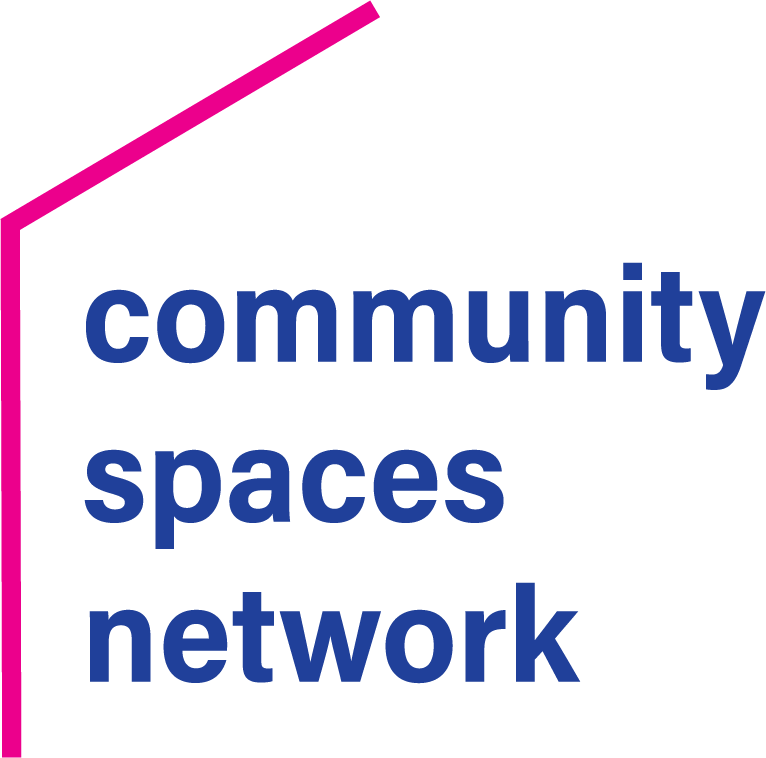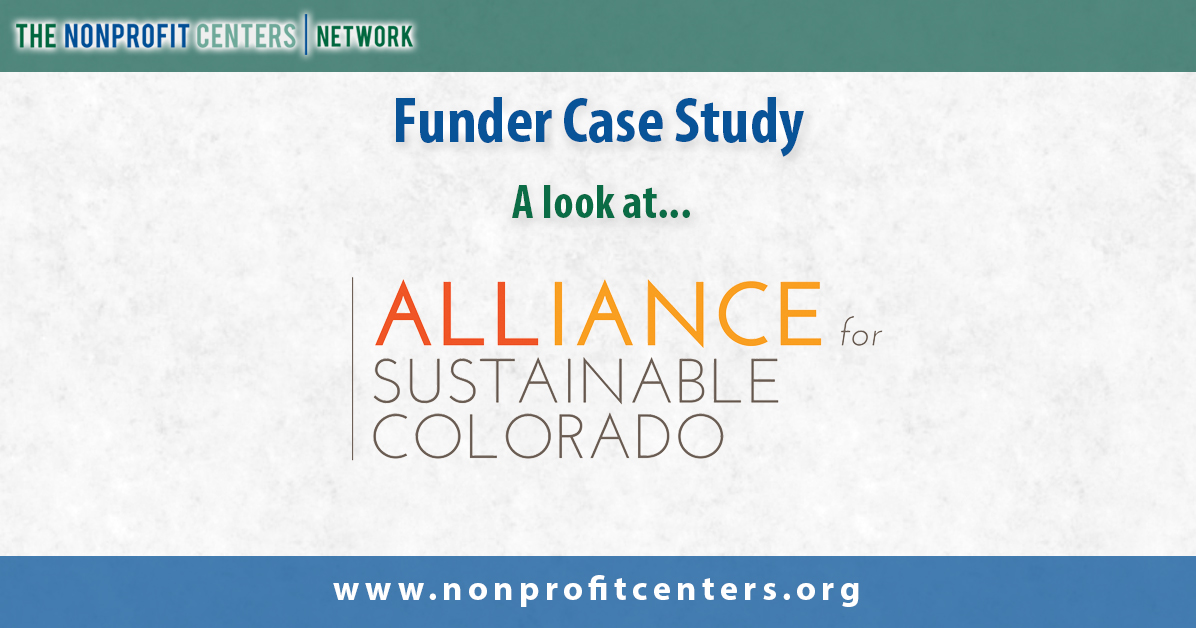After opening in 2004, the 40,000 square foot Alliance Center, owned by The Alliance for Sustainable Colorado, began experiencing problems with its HVAC system.
In 2010, The Alliance began making plans to repair the HVAC system, and decided to take this opportunity to deepen the center’s commitment to environmental sustainability and pursue a LEED platinum certification for the Alliance Center along with repairing the system.
In order to do this, The Alliance for Sustainable Colorado launched a large fundraising campaign, including private contributions, historic tax credits, in-kind donations for the remodel, and something unusual for Denver: a program-related investment.
The Alliance approached The Denver Foundation in 2014 with a proposal for a program-related investment. The Denver Foundation had never issued a PRI before, and so The Alliance for Sustainable Colorado worked with The Denver Foundation to educate the foundation about how a PRI could be a win-win for both parties.
About three months later, The Alliance for Sustainable Colorado received the $7.5 million program-related investment from the Denver Foundation to pay the existing balance on the Alliance Center’s mortgage and help fund the LEED renovations.
Per the terms of the investment, The Alliance was to receive an interest rate of one percent per annum for a 15-year loan over 25-year amortization, saving The Alliance over $4 million in interest compared to a commercial loan of 5.5 percent.
The Alliance completed renovations on the Alliance Center, and the center reopened its doors in June 2014. The center currently houses around 30 tenants and has the equivalent of three staff devoted to managing the shared space. The Alliance Center offers tenancy packages ranging in size from virtual tenancy, which is $50/month for nonprofits and $75/month for for-profits, to full offices with windows, ranging in rent from $940-$1425/month for nonprofits and for-profits, respectively.
Executive Director Anna Zawisza attributes the organization’s success in obtaining a PRI to the education of her staff. Often times, she states, funders are not aware of what program-related investments are or how they can benefit both parties involved, and that the organization seeking funding can have a crucial role in educating the funder about PRIs.
She believes the greatest barrier to PRIs being issued is awareness, but that they are one of the best ways that organizations can seek funding. The nonprofit receives crucial funding for projects, and the funder not only is able to replenish the grant but receives interest, which grows the endowment.

